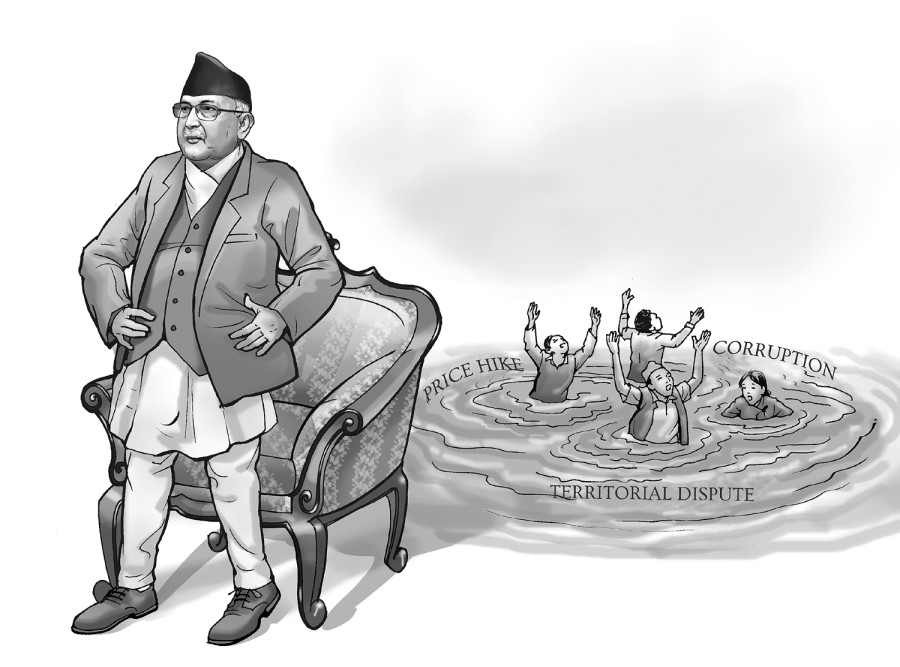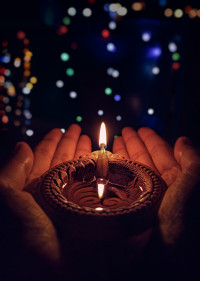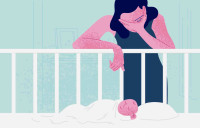As it is
Will 2020 let Nepalis see better days?
The present administration should realise the government can't retain its power without taking people along.
Mohan Guragain
At the onset of 2020, Nepal is a country plagued by multiple problems, but two issues need urgent attention. The government, which basically exercises state power to carry out general administration, has the primary responsibility of defending its people and the territory.
Since individuals can’t resort to violence to protect themselves or others, people of all classes and at all levels need protection. The very rationale behind people giving the state coercive power and a share of their income is with the hope that the collective strength protects them in times of emergency and for national defence. Diplomacy, thus, becomes imperative to counter foreign aggression.
I don’t see much exaggeration in saying that Nepalis, in general, are helpless people, at home or abroad. Our youths fighting in foreign armies or working as immigrant labours, toiling in the Arabian desert, are essentially at the mercy of the forces we have no say about. Within the country too, people are generally defenceless against all sorts of problems—economic hardships, extreme weather, disasters, loan sharks and shrewd businessmen fleecing people. Workers and farmers are among the most vulnerable lots.
To focus on the second, take the emblematic case of Sarlahi farmers. They travelled to Kathmandu as the last resort to protest against sugar mills that did not pay them for years, even as they pocketed the subsidies provided by the government for the cultivators as support price.
The government’s response to their protest, and whether the sugar mill operators will be forced to pay their dues, are mere reactions to what these farmers had to go through. The major issue here, in the first place, is that the farmers had to borrow a few thousand rupees at high-interest rates to flock to the centre, beyond the jurisdictions of the local and provincial governments, demanding justice.
This speaks volumes about how people continue to suffer to the worst possible extents even as there are elected representatives and state institutions that are supposed to deliver justice. This presents another symptom of state failure even as the KP Oli administration commands an overwhelming majority, not just in Kathmandu but most provincial headquarters.
What worth is a government if it can’t defend its people? Then comes the age-old and several unresolved border issues with India. The latest being New Delhi’s evident territorial aggression when it published a new map to account for the bifurcation of Jammu and Kashmir into two centrally governed regions. In the process, Nepal’s Kalapani in the western frontier was deliberately shown as part of India. In Kathmandu, the government presented a weak defence to safeguard Nepal’s territory that has been illegally occupied by Indian forces for decades.
Our government seems to have drawn New Delhi’s attention to the unacceptable act of aggression, but the Narendra Modi government does not appear to have taken Nepal’s objection seriously. It does not even commit to a foreign secretary-level meeting that Kathmandu has demanded to discuss outstanding border issues.
Successive governments in Nepal don’t seem to have taken the issues of people and the country seriously. Had that been the case, several of the pressing problems such as corruption, backwardness, illiteracy, poverty and unemployment would have long been resolved.
In the post-1990 democratic era, political parties had succeeded in wrongly convincing people that political instability had restrained the nation from marching towards prosperity. This was the reason people overwhelmingly voted for the communist coalition in 2017 to install a powerful government in Singha Durbar.
The mighty Oli administration had a chance to right many of the country’s wrongs from the start, while letting the nascent federalism take root as provisioned by the new constitution.
Despite the pro-nation image Oli had built fighting India’s economic blockade in 2015, and his self-proclaimed anti-corruption stance, a string of latest decisions seem to favour a certain interest. The unified Nepal Communist Party (NCP) still functions as a front united to cover up its weaknesses, rather than a consolidated political party.
The myth of strong governments delivering on their promises is busted also considering that the 30-year Panchayat government commanded by the king failed to lift the country out of poverty. Two majority Nepali Congress governments were hamstrung by infighting in the democratic era that followed, and the Maoist-led government didn't complete a year as the revolutionaries refused to take the old forces into confidence while making drastic moves.
The present administration should realise the government can't retain its power without taking people along. Policies that trample on popular aspirations fail, eroding the government's mandate and credibility.
Given the prime minister’s frail health, state administration appears slack, but his rivals and opportunists are acting with extra vigour to push through policies and legislations that further empower the governing class and weaken the people. Many of his party colleagues are conspiring to benefit in the situation arising from the premier’s health condition.
Oli may have been directing the state affairs with a failed kidney, but he must mind the national business with full attention and a robust heart. Many believed Oli had little to extract from the state resources for purposes other than his medical treatment. Let’s hope he doesn’t have other personal commitments to fulfil when he perceives his position in Baluwatar to be momentary.
Nepal’s communist parties are not tired of invoking the people in their statements. But when it comes to bailing them out of problems like the Sarlahi farmers’, will their hands do the actual service?
If there was a pro-people government, desperate farmers wouldn’t have to beat their chests for their losses and crop failures. Only when there is a government that cares for people, will people perceive state mechanisms as their guardians, and not tormentors. Had the administration been carrying out pro-poor policies, villagers would have warm clothes to put on and comfortable beds to sleep in the winter chill. People would have access to basic sanitation, clean water and essential healthcare.
When out of power, parties make national defence and independence their political slogans. Do the slogans still ring in their ears, when the nation calls upon their actions? Or are the walls of Singha Durbar too thick to let people’s cries in? Will 2020 let Nepalis see better days?




 25.42°C Kathmandu
25.42°C Kathmandu










